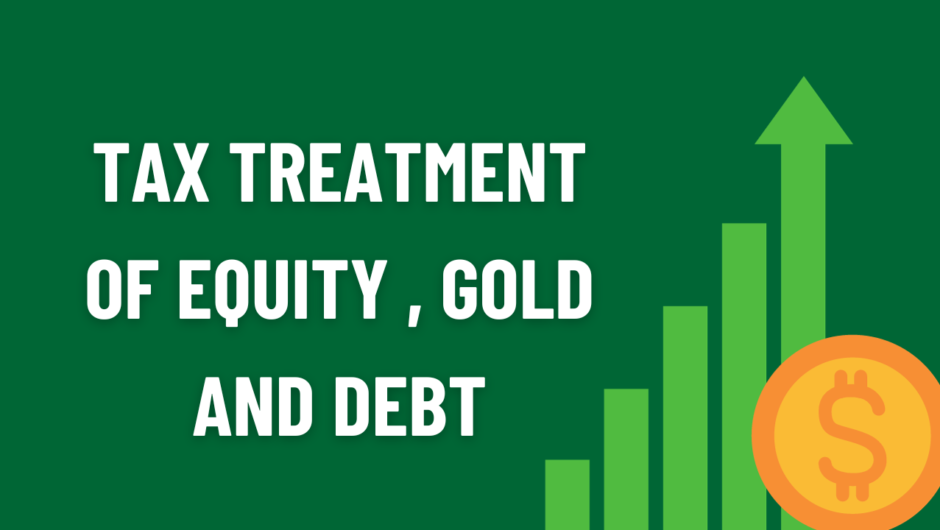If you’re looking to boost your retirement savings, it’s worth checking if you qualify for more provident fund benefits. This could mean increasing your contribution to the fund or negotiating for a higher employer contribution. Additionally, you may be eligible for tax benefits on contributions to the fund. It’s important to understand the terms of your fund and consult a financial advisor to make the most of your retirement savings.
Understanding Provident Fund Benefits
A provident fund is a retirement savings scheme that is mandatory in some countries, including India and South Africa. It is typically a contribution-based system, with contributions made by both the employee and employer. Provident fund benefits include retirement savings, insurance, and disability benefits. Understanding the terms of your provident fund is crucial to maximize the benefits of this retirement savings scheme.
Increasing Your Contribution to the Fund
Increasing your contribution to the provident fund is a simple and effective way to boost your retirement savings. In some cases, you may be able to contribute more than the mandatory minimum amount. Check with your employer or the fund manager to see if this is an option. Increasing your contributions can also provide tax benefits, as contributions to a provident fund are often tax-deductible. Consider your financial situation and long-term goals to determine if increasing your contribution to the provident fund is a good option for you.
Negotiating for Higher Employer Contribution
In addition to increasing your own contribution, you can also negotiate for a higher employer contribution to your provident fund. This may involve negotiating a higher percentage of your salary to be contributed to the fund, or asking for a matching contribution from your employer. Employers may be open to negotiating for higher contributions as it can be a valuable employee benefit that can help attract and retain talent.
When negotiating for a higher employer contribution, it’s important to be prepared with information on the benefits of increased contributions to the fund. This can include the potential tax benefits for both the employee and employer, as well as the long-term savings and financial security for employees.
Keep in mind that negotiating for a higher employer contribution may not always be successful, as it ultimately depends on the company’s policies and budget. However, it’s always worth exploring the possibility and advocating for yourself to secure the best possible retirement benefits.
Tax Benefits on Provident Fund Contributions
Contributions made to a provident fund often provide tax benefits to both the employee and employer. In many countries, contributions made to a recognized provident fund are tax-deductible for the employee, up to a certain limit. This means that the employee’s taxable income is reduced by the amount of contributions made to the fund. Employers may also receive tax benefits for contributions made to the fund, as they are often deductible as a business expense.
It’s important to note that the tax benefits of provident fund contributions may vary by country and by the specific terms of the fund. It’s important to consult with a financial advisor or tax professional to understand the specific tax implications of your contributions to the provident fund. Taking advantage of available tax benefits can help maximize your retirement savings and reduce your tax liability.
Consult a Financial Advisor for Maximizing Retirement Savings
Consulting a financial advisor is an important step in maximizing your retirement savings through a provident fund. A financial advisor can help you understand the terms of your fund, identify opportunities to increase your contributions, and explore investment options that align with your financial goals and risk tolerance. They can also provide guidance on the tax implications of your contributions and help you make informed decisions about your retirement savings.
When choosing a financial advisor, it’s important to find someone who is qualified and trustworthy. Look for advisors who are licensed and have a good reputation in the industry. Consider their experience, credentials, and approach to financial planning. A good financial advisor will take the time to understand your unique financial situation and provide tailored advice to help you achieve your goals.
In summary, consulting a financial advisor can help you make the most of your provident fund benefits and maximize your retirement savings.
Also Read:
- WHAT ARE THE 5 BEST INVESTMENTS IN INDIA?
- HOW CAN I PLAN MY FINANCIAL FUTURE IN INDIA?
- What is Bitcoin SV? BSV Price prediction 2025 to 2030
- Employee evident fund (EPF): Everything you need to know.

Hello, I am Tanisha Kriplani, graduated in computer science from Delhi University. I am passionate about web content writing and have a strong interest in Data Analytics and Data Engineering.












